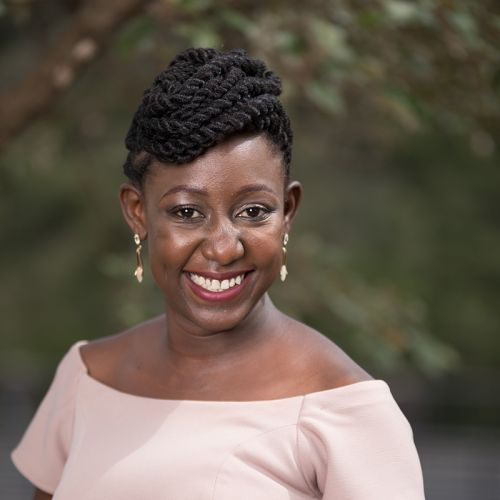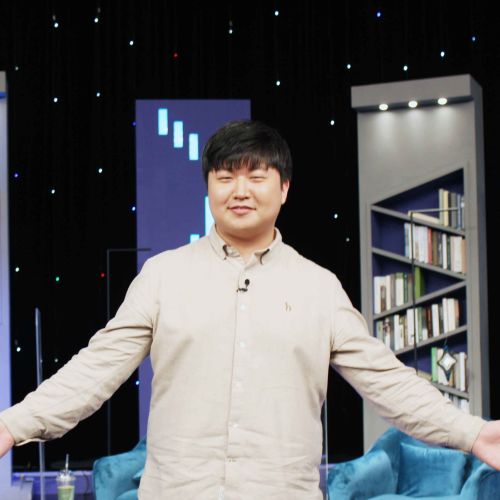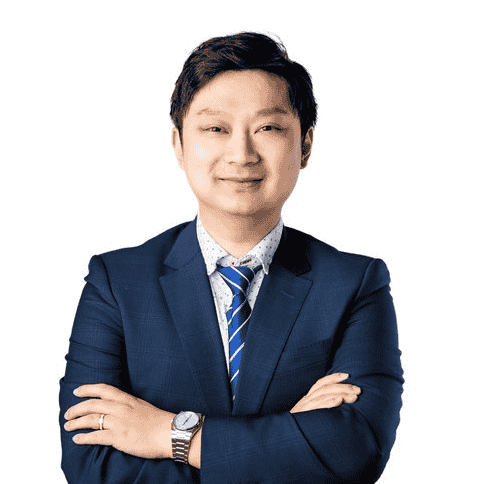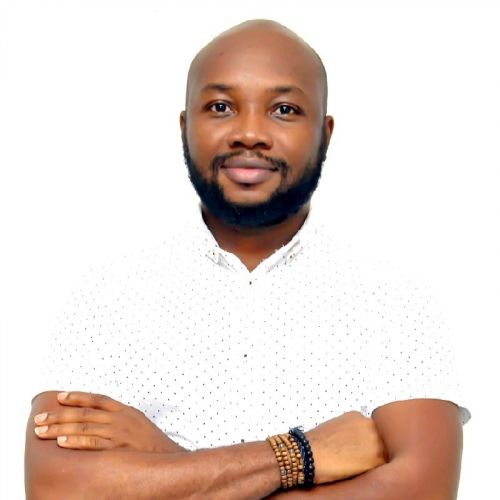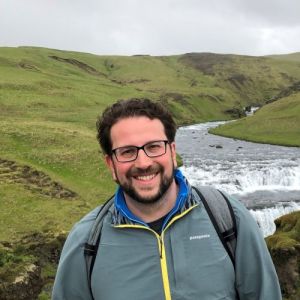How this solar-powered refrigerator is transforming healthcare in Kenya
In this #MeetTheMB100 interview, Norah Magero, Co-Founder & CEO of Drop Access, explains how their portable solar-powered refrigerator allows immunisation and blood transfusions to occur in rural, off-grid communities.
This interview series is sponsored by EY and Hogan Lovells.
Meaningful Business (MB): Can you tell us a bit about the issues you are trying to solve and why you selected them
Norah Magero (NM): The world is home to almost 1 billion people who lack proper healthcare because they live in places that have insufficient or no electricity, according to findings by the World Health Organization (WHO), World Bank, and International Renewable Energy Agency (IRENA). Low-income countries like Kenya and other sub-Saharan countries host 85% of this population, with infrastructures incapable of supporting cold-chain logistics for vaccines, and proper ventilation, incubation and sterilisation in healthcare environments. Today, thousands of communities in Kenya face a serious livelihood risk by not being able to access essential healthcare services for childbirth, emergency care, and vaccinations. Clearly energy access is a key driver for quality healthcare in a country where millions still live in energy poverty, and this triggered us to innovate within the nexus of energy and healthcare.

Norah Magero, Co-Founder & CEO, Drop Access
MB: How is your work tackling those problems, and what impact are you having?
NM: We at Drop Access have created VacciBox, a portable solar-powered refrigerator that can store vaccines, drugs, and blood for transfusions in rural healthcare facilities that lack reliable electricity. It can easily be mounted on bicycles, motorbikes and boats, the most publicly-accessible modes of transport in these communities, allowing rural healthcare workers to transport these medical items to homes, markets and villages. VacciBox is IoT enabled, recording, storing and transmitting data such as temperature, location, stock and fridge performance to ensure its contents remain safe throughout transit and enable predictive maintenance.
VacciBox is the first vaccine fridge to be locally designed and manufactured in Africa (Kenya), whereas competitor products are imported into the continent, hence are not always readily available. Local manufacturing in Kenya helps to reduce the cost of cold-chain logistics in Africa’s healthcare system while also creating jobs and benefiting the economy. To date, VacciBox has enabled thousands of Kenyans to get vaccinated against child-based illnesses, COVID-19 and tetanus.
MB: What support do you need in order to scale your business and increase your positive impact?
NM: We need both compliance partners and investment to scale our business and reach more communities.
– Partnerships for compliance and scale: Healthcare technologies such as VacciBox must comply with the WHO PQS (Performance, Quality and Safety) standards in order to be scalable. Our biggest and most urgent need is to get VacciBox to comply with the ISO, IEC and CE requirements stipulated under the WHO PQS regulations. We would greatly benefit from the support of partners who can help us fast-track our compliance procedures through advisory and standards implementation. Moreover, healthcare in Kenya and other African countries is still highly funded by governments and foreign development organisations whose purchase decisions determine which innovations can scale. We are seeking partnerships with governments through MoU and supply contracts in order to scale the impact of VacciBox across the whole African continent.
– Investment: We are seeking patient capital to de-risk our VacciBox technology, allowing for further product development and expanding deployment in Kenya and beyond. We are also seeking subsidy programmes to enable more low-income communities to benefit from our product.
MB: How do you work with partners and the wider ecosystem to achieve your mission?
NM: Our technology would not see the light of day today without the support of various tech incubators within the African ecosystem, including Africa Prize for Engineering Innovation, Villgro Africa, KCIC, and Climate Launchpad among others. These partners have played a key role in jointly exploring various developmental aspects of VacciBox with us. They have provided technical support and mentorship in cleantech, medtech and IoT segments and sometimes they simply helped to pivot VacciBox, which is currently in version 3.
The various devolved health ministries within Kenya have been pivotal in opening doors for us to pilot VacciBox in numerous healthcare facilities. Our beneficiaries, mostly women and children, have provided us with necessary insights on what they need from a healthcare programme, and feedback from our end users, rural-based healthcare workers, have been invaluable throughout product development. This muti-faceted partnership with both the public and private sector in Kenya has enabled us to directly impact the lives of thousands of Kenyans through increasing immunisation access and uptake.
MB: What is your ambition for the future of your business?
NM: To scale VacciBox to more low-income countries in the African continent. We hope to impact at least 1 million children and adults annually, who would have missed heat-sensitive medical services like vaccination due to spoilage from energy unavailability. We anticipate contributing to a carbon footprint reduction of at least 27,000 metric tonnes of CO2e annually in the healthcare sector, while also creating more jobs for youth and women within the energy and healthcare nexus. Our ultimate goal is to fully manufacture VacciBox and other affiliated cleantech-healthtech products within the continent.
MB: How do you measure success?
NM: Success to us is the number of healthcare facilities acquiring a cold chain by getting VacciBox. This directly translates into more children, women and adults gaining access to better healthcare, and in turn, better outcomes for Kenyan and African communities. With healthier households who are able to work and contribute positively to the economy, this translates into a more productive population and nation. I believe this could be a sure way of tackling poverty!
Quickfire questions
MB: Tell us a mistake you’ve learned from
NM: Failing to split our annual goal into achievable objectives. 2022 saw Drop Access fall the most, where literally a whole version of VacciBox could not leave the workshop because it never came on, even after it was designed and engineered by highly skilled professionals and engineers. We had set out on an almost pipe dream of iterating VacciBox into a market ready fridge within 8 months, but failed to set clear objectives and interim goals, and periodically measure and test our KPIs within the period. This taught my co-founder and I to always have a work plan of deliverables but also to expect failure and develop a mitigation strategy.
MB: How do you spend your time away from work?
NM: With my family. Cooking, travelling, or taking care of our dogs Stormy and Ozzy.
MB: What’s the best piece of advice you’ve ever received?
NM: ‘Earn your stripes Norah Magero!’ Literal words from a former manager in a solar company I interned at. Just like in the military, the more the stripes the higher the ranks. Stripes could be career achievements, innovations, patents, awards, or just the daily progress of learning how the energy startup industry works.
MB: What is something you wish you were better at?
NM: Reading more books. I always feel like I miss out on a lot of knowledge and discoveries, or just not renewing what I already know by not being able to read enough ‘books’ in a year. I wish I knew how to schedule my time between work, family and books.
MB: What is the one book everyone should read?
NM: The Monk Who Sold His Ferrari by Robin Sharma, the one book I managed to read several times. I often refer back to the key lessons on the importance of simplification of life, the need for balance in everything we do and why discipline is a prerequisite for success.
Discover the other leaders recognised on the 2022 MB100, for their work combining profit and purpose to help achieve the United Nations Global Goals, here.




